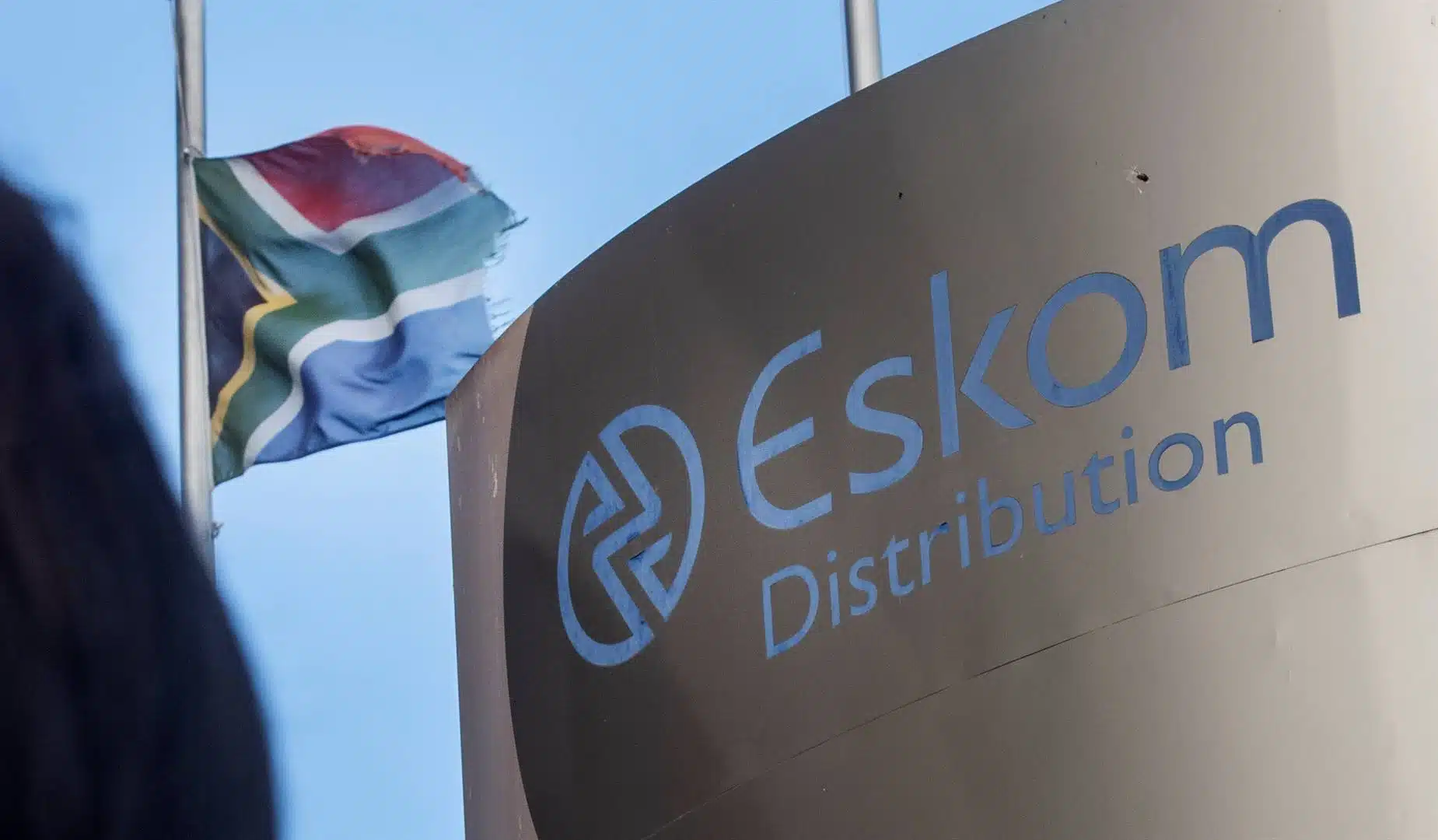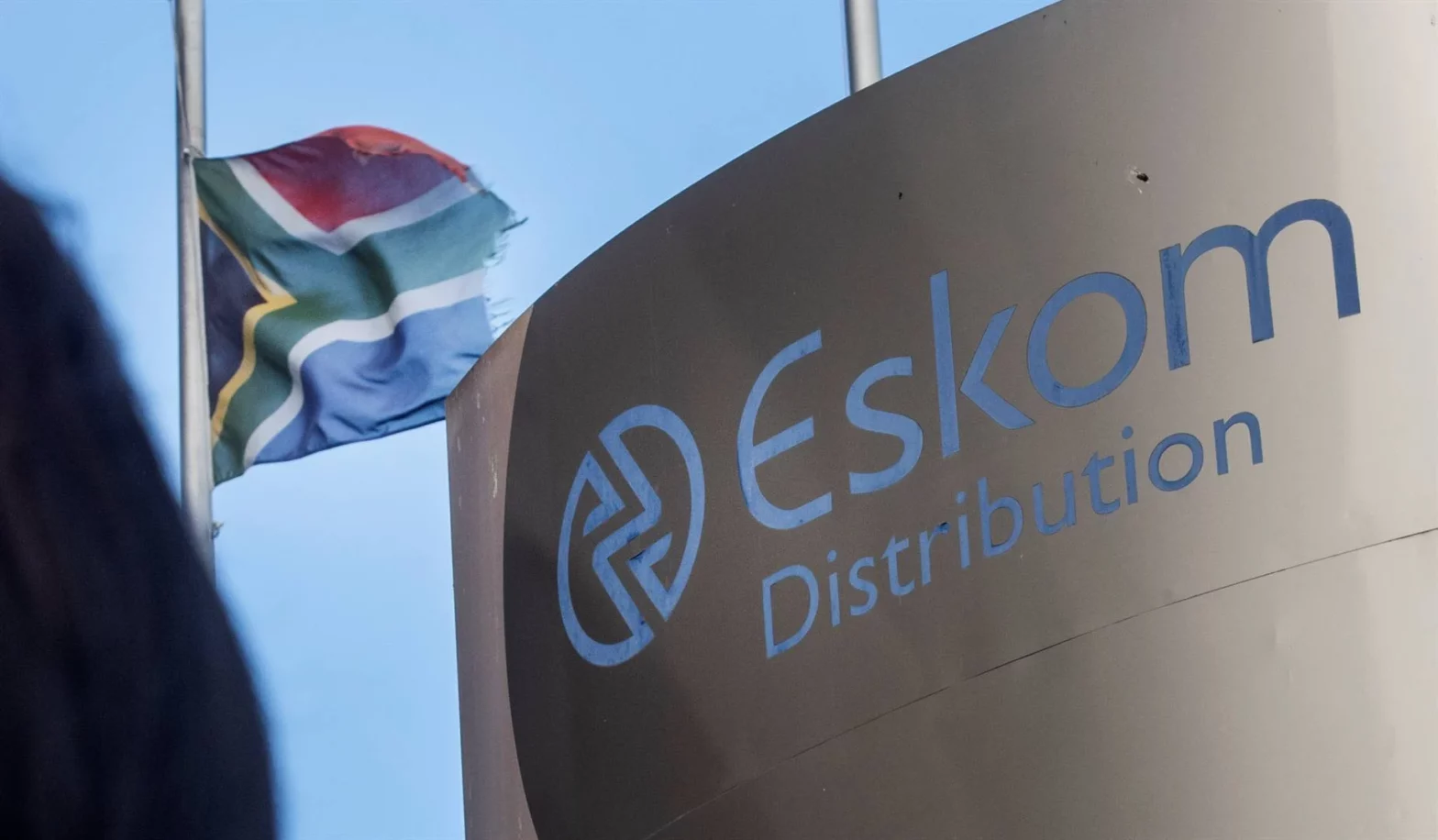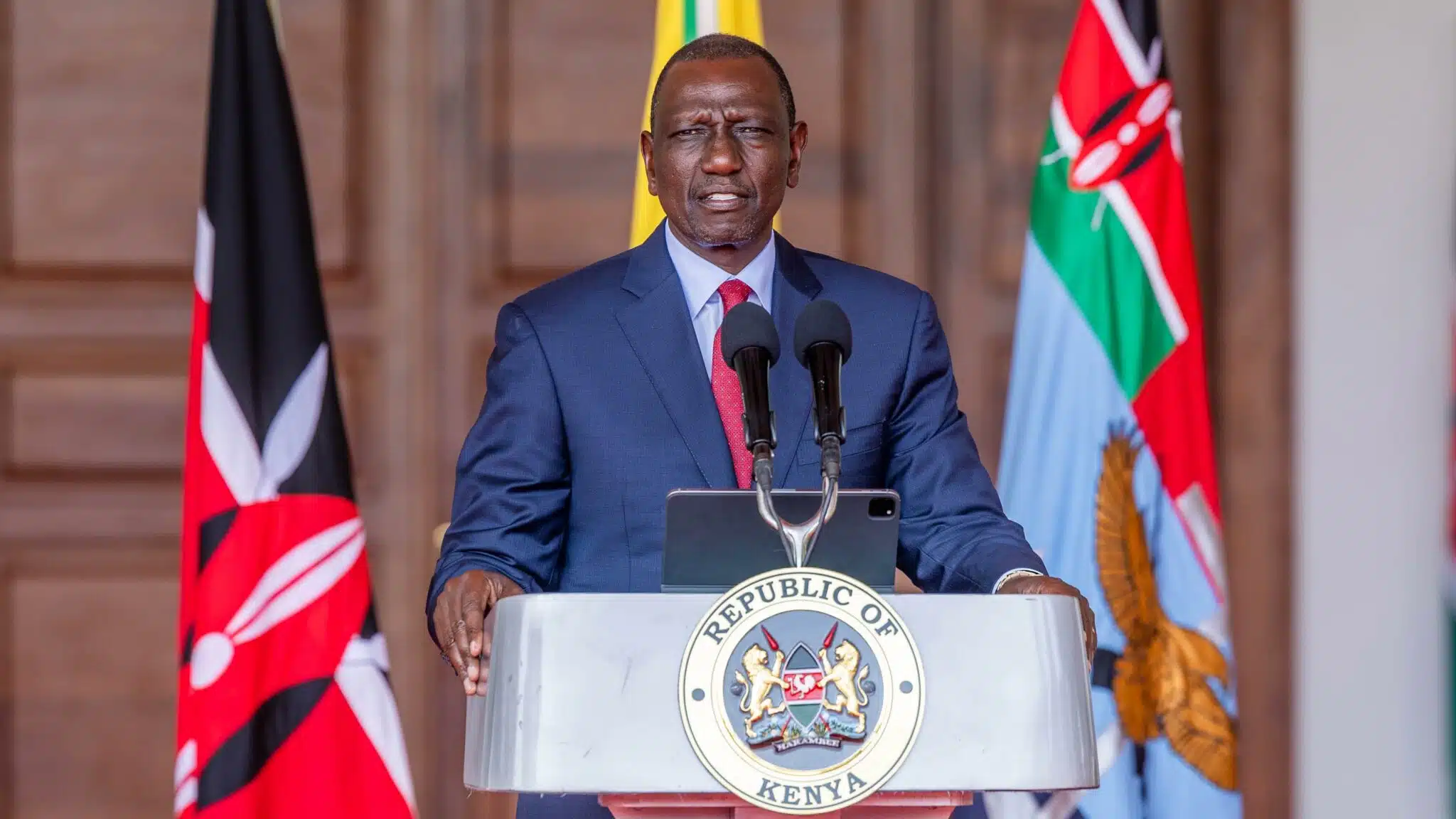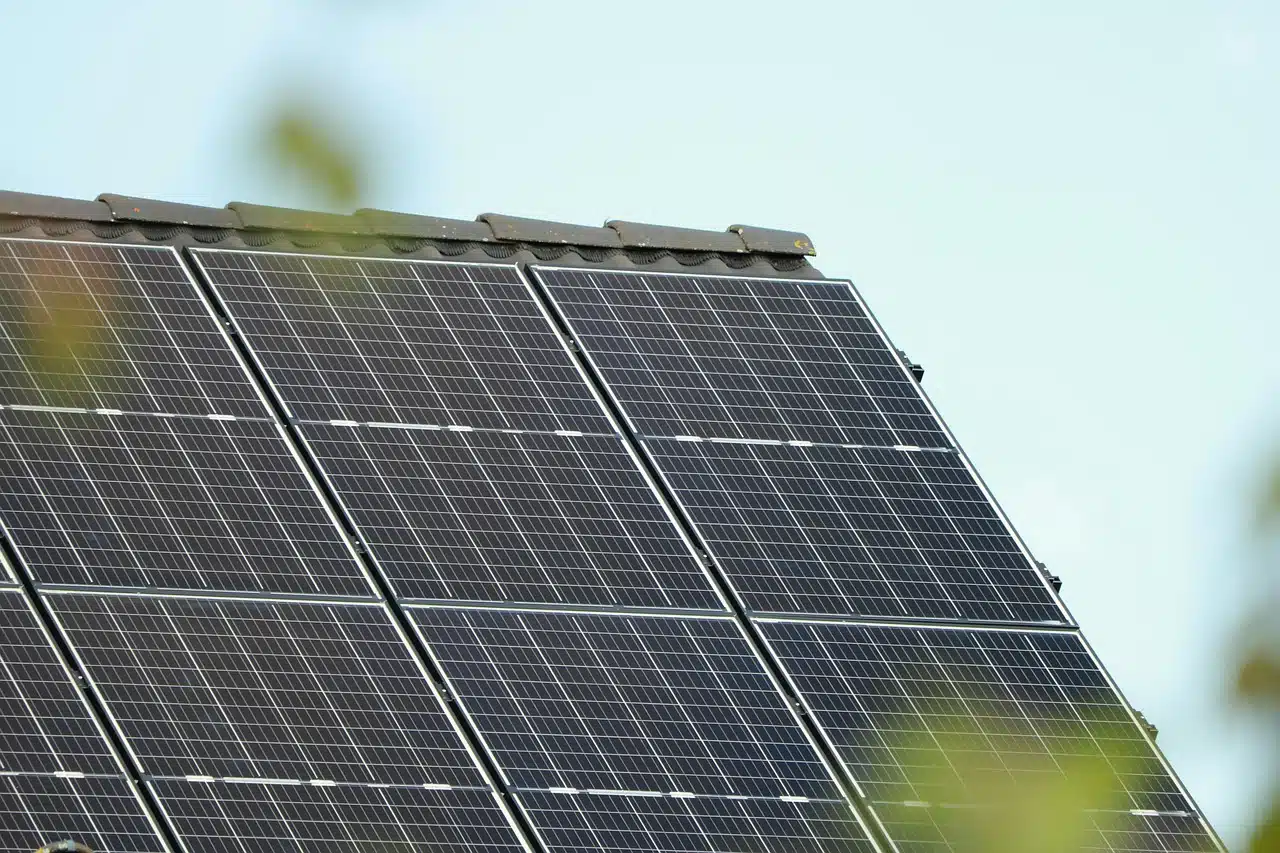The city of Johannesburg in South Africa has extended the controversial R200 ($11.15) surcharge on prepaid electricity meters.
Johannesburg’s Finance Member of the Mayoral Committee (MMC) Margaret Arnolds announced this during the city’s budget presentation yesterday that the surcharge would not be going away.
The tariff was first implemented in July 2024, causing public outrage about soaring electricity prices.
As a result, the city vowed to review the surcharge with then Finance MMC, Dada Morero saying, “Our objective is not to overburden residents and businesses of Johannesburg, but to ensure a financially viable city that is well maintained and well run for the benefit of more than six-million residents of Johannesburg.”
The promise was never followed through and now, the City of Johannesburg expects to generate R25 billion ($139.3 million) in electricity revenue in the next financial year, which is a 12.5% increase from the current fiscal period.
A significant driver of this revenue increase is the controversial R200 surcharge imposed on prepaid electricity users.
Arnolds defended the surcharge saying that maintaining it at R200 was in the best interest of taxpayers.
“We refuse to allow economic pressure to push our people further into the margins. That is why we are holding the prepaid electricity surcharge unchanged at R200, excluding VAT – a deliberate act to protect the poor against rising energy costs.
“This budget makes it clear: we will not govern in a way that reproduces inequality. Our pro-poor programme is a political choice rooted in the values of equity, dignity, and redress. It is a signal that in the City of Johannesburg, no one will be left behind. Not on our watch.”
MMC Arnolds also claimed that other cities in the country imposed a similar electricity surcharge, and said Johannesburg’s remained more affordable in comparison.
The levy, approved by the National Energy Regulator of South Africa (NERSA), is meant to help the city maintain its infrastructure. However, it has also caused a sharp increase in electricity prices for the city’s residents.
The surcharge is seen as an extreme levy coming at a time when the country’s electricity users have to endure load-shedding (power cuts) as a result of poor electricity infrastructure.








